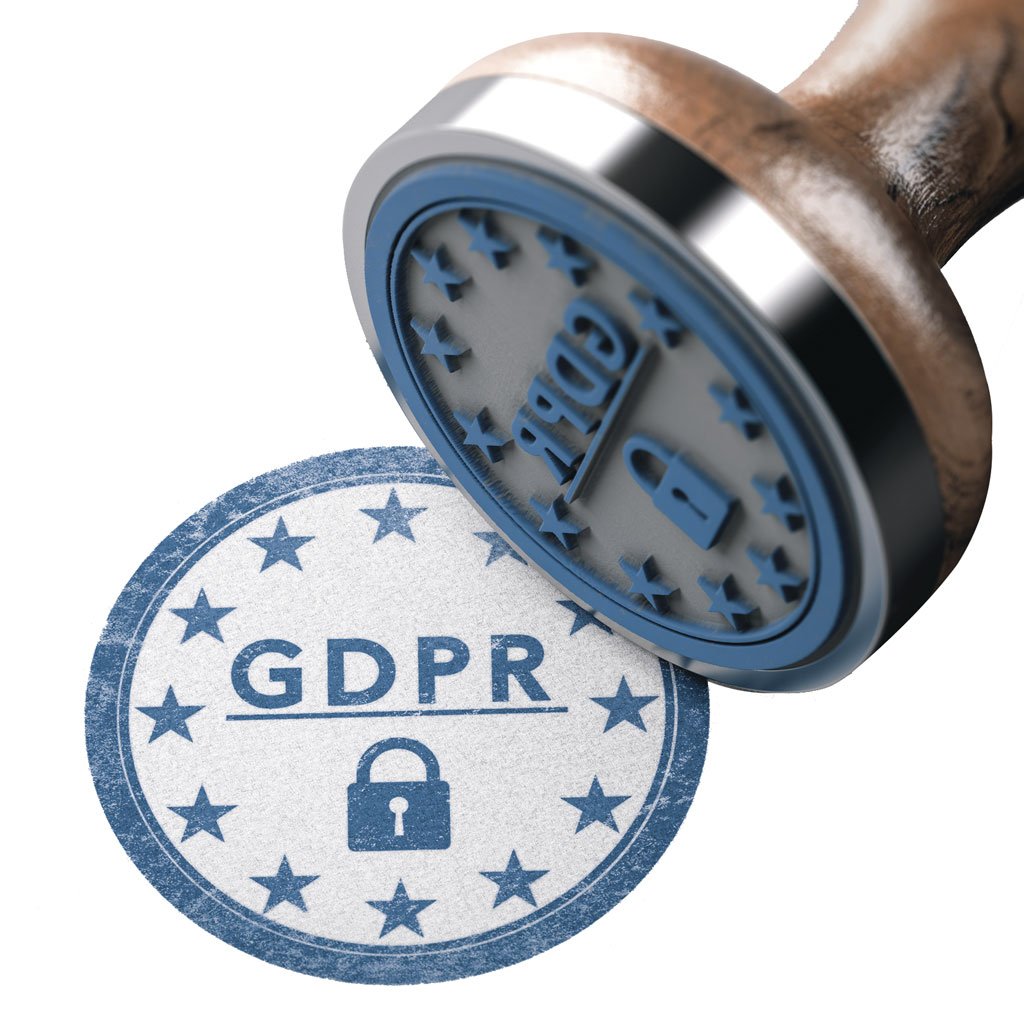
Mark Solon outlines why expert witnesses need to be GDPR compliant
- All expert witnesses, as individuals or as part of an organisation, need to be GDPR compliant.
- To ensure compliance, experts need to review their personal data processing activities in granular detail and identify risks.
- If experts do not comply with GDPR they may find solicitors may not instruct them as compliance is mandatory, they may face sanctions including heavy fines and they may be sued as well as experiencing suffering reputational damage.
All solicitors must now be tired of hearing about the General Data Protection Regulation (GDPR) but I am sorry to say they need to know a little bit more. This relates to GDPR and expert witnesses.
On 25 May 2018, GPDR came into force. This new regulation is one of the biggest shakeups of personal data privacy rules since the birth of the internet. Under GDPR, individuals will have more control over their personal information and the level of privacy and security protections will increase. So, does GDPR affect









